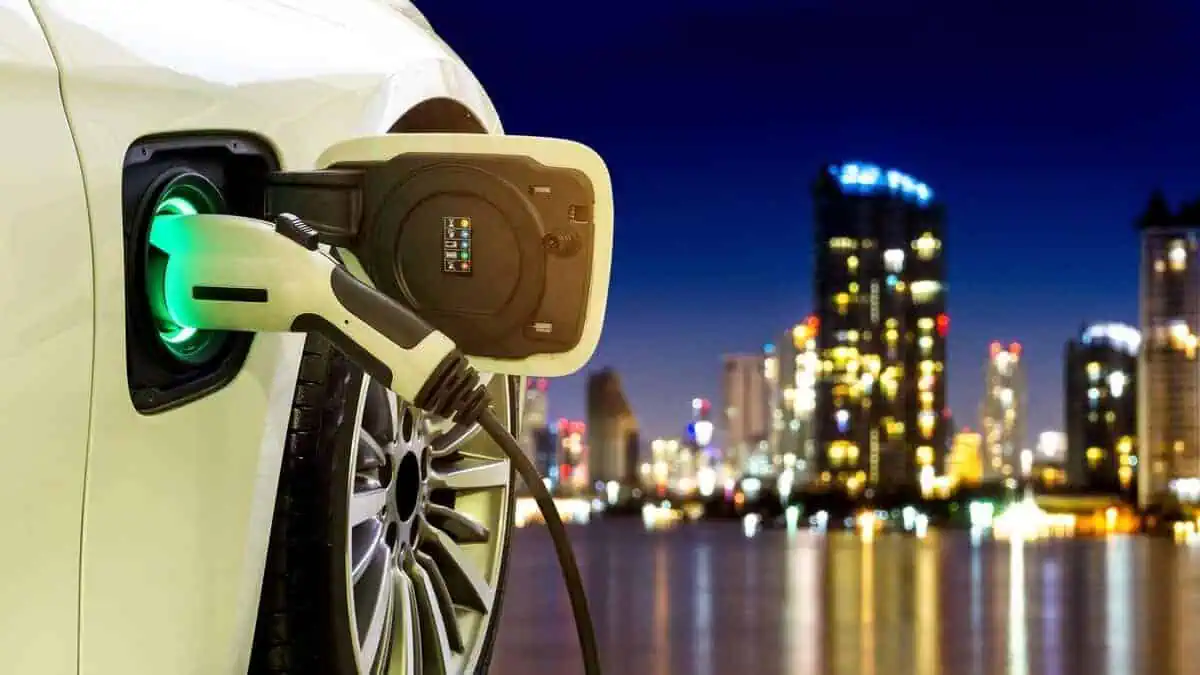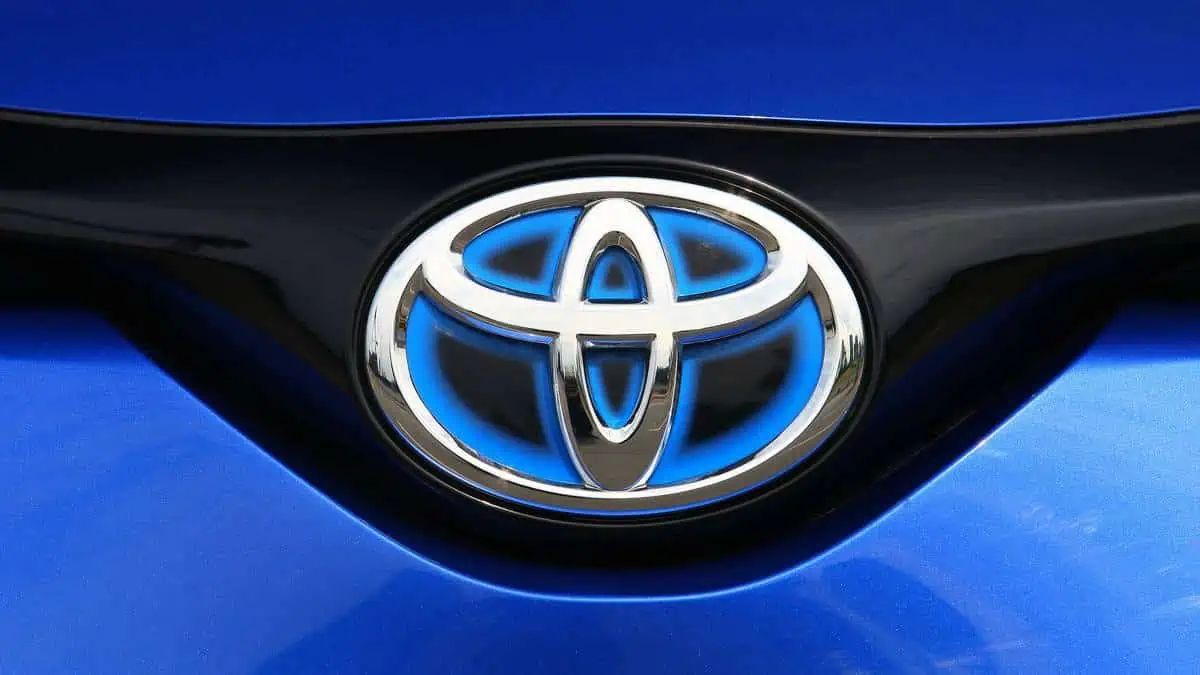In a recent report, we discussed the House of Representatives stance on enacting the Inflation Reduction Bill in the United States. The Senate passed the climate act in a party-line vote of 220-207, backed by Democrats and opposed by republicans. It was then signed into law by President Joe Biden on August 16, 2022, as per CNN Politics.
“With this law, the American people won and the special interests lost,” Biden told an audience of Democratic members of Congress and administration officials. “For a while people doubted whether any of that was going to happen, but we are in a season of substance.”
However, China, South Korea, and the European Union have criticized the US Inflation Reduction Act as being discriminatory. InsideEVs reported that all these significant economies argue that the new regulation disadvantages imports in the US market. It offers tax incentives for electric vehicles and essential EV battery components made in North America.
“Today, too often do we confuse noise with substance. Too often we confuse setbacks with defeat. Too often we hand the biggest microphones to the critics and the cynics who delight in declaring failure while those committed to making real progress do the hard work of governing,” the President told the audience in the signing ceremony. “Making progress in this country, as big and complicated as ours, clearly, is not easy. It’s never been easy. But with unwavering conviction, commitment and patience, progress does come.”
Sadly, there are still no indications that the trade conflict with China will be resolved soon, but perhaps, the US and the EU may reach an agreement. According to Reuters, officials from both sides are anticipated to strike an agreement that would give EU firms the same standing as US businesses in the country. It includes those that create electric vehicles in the EU.
The European Union contends that the law offers tax credits or other government aid for purchasing American EVs like Tesla. However, EVs from EU automakers are not given the same opportunities. The US mandates that vehicles, or essential components thereof, be produced in North America.
However, we previously reported that the law would also eliminate a cap restricting tax credits to 200,000 cars per maker, which would have put early leaders such as Tesla, GM, and Nissan at a downside too.
Valdis Dombrovskis, European Commission Vice President responsible for trade, stated, “Last month the Tesla Model Y was the most sold car in Germany. That would not have been possible without the un-discriminatory EU subsidy, while EU electric cars do not get a similar subsidy in the US, which is discrimination that we want to address.”
In addition, Dombrovskis stated that “there is a willingness to engage on the US side on this.” This remark was made prior to discussions with Katherine Tai, Gina Raimondo, and Janet Yellen, the US Trade Representative, the US Commerce Secretary, and the US Treasury Secretary.
Katherine Tai responded that she believed the EU and US would come to an agreement when asked if the problem could be resolved. She told reporters, “On the strength of the EU-US relationship, I have every confidence we will work through this.”
Furthermore, the Office of the US Trade Representative reported that Tai and Dombrovskis had resolved to advance negotiations on global steel concerns and electric vehicles after their initial meetings. The report also indicated that the two officials addressed EV issues and the US Inflation Reduction Act. Remarkably, they urged their teams to increase engagement on the US law’s impact on EVs.
The EU expects adjustments to the status of EU firms might be made through implementation regulations to the US legislation. Notably, this is simpler than submitting the entire Inflation Reduction Act back to Congress for revisions.






